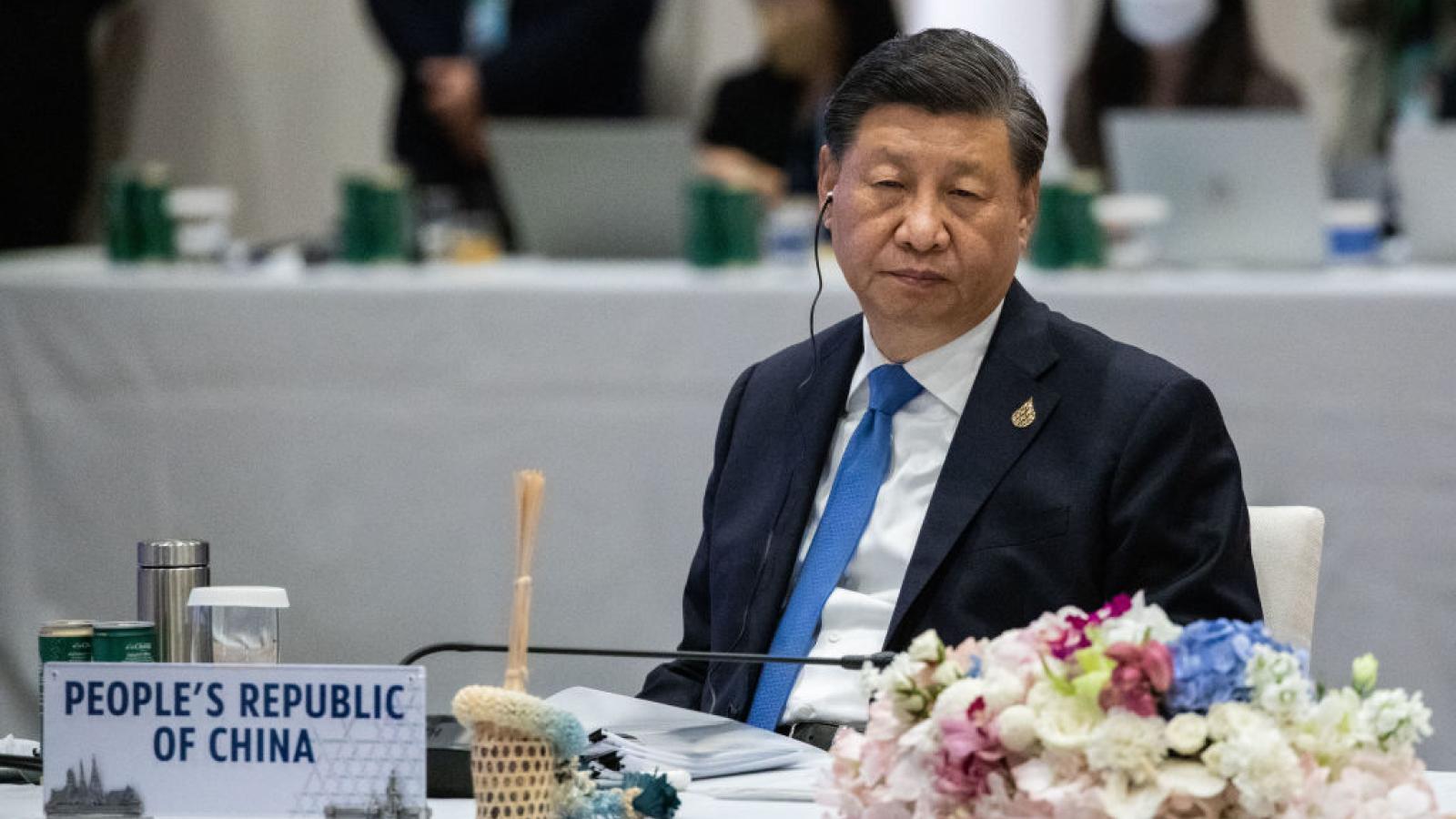Florida Democrat will back GOP-led China committee

Florida Democratic Rep. Jared Moskowitz will support the establishment of a House select committee to investigate the strategic competition between the U.S. and China.
The first-term lawmaker announced his intention to back the committee's creation to The Hill. The matter will come up for a floor vote on Tuesday. Wisconsin GOP Rep. Mike Gallagher will chair the panel.
"In Florida, I saw firsthand the dire impact that our reliance on PPE and medical equipment from the CCP had on the safety and health of Floridians and the American people," he told the outlet. "We should never again be dependent on other countries in order to protect American citizens."
"We have made progress since those days, but we need to find smart, strategic ways to improve our supply chain and establish a competitive edge against the CCP," he continued. "It is my hope and vision that the select committee stays clear of partisanship and submits policy recommendations that will strengthen our edge over the CCP. There are clear bipartisan steps we can take to make America more competitive."
Scrutiny of Chinese trade practices and efforts to gain influence in the United States have provided a rare point of bipartisan agreement in recent years. Senate lawmakers unanimously endorsed a measure barring the use of social media platform TikTok on federal devices late last year. Moreover, a bipartisan committee of lawmakers introduced a plan to ban the app outright in December.
The Chinese Communist Party exerts considerable influence over companies operating from China and TikTok's parent company, the Beijing-based ByteDance, is no exception. Many lawmakers fear that Chinese intelligence could easily access American user data through the company.
State governors, Democrats and Republicans alike, have also passed bans on using TikTok on state devices.